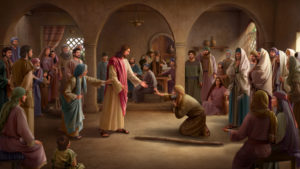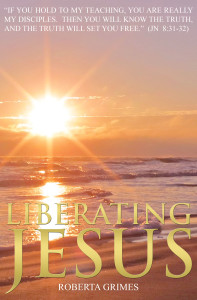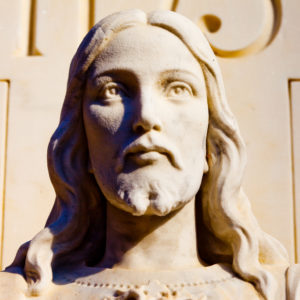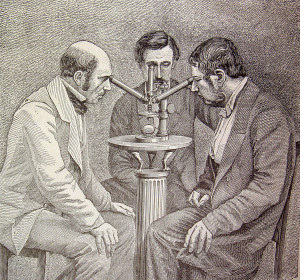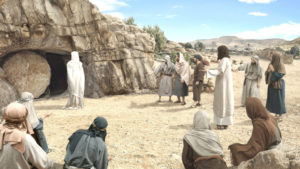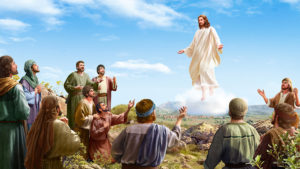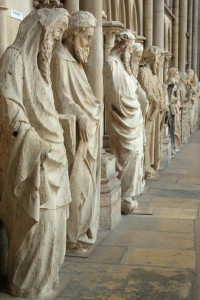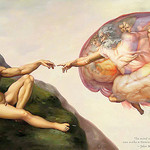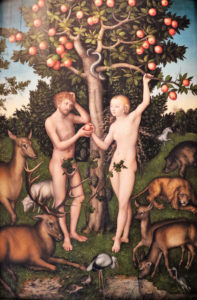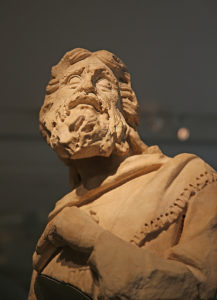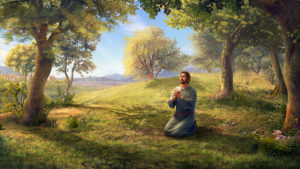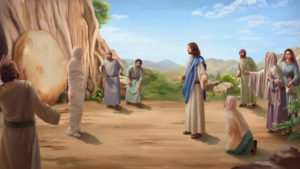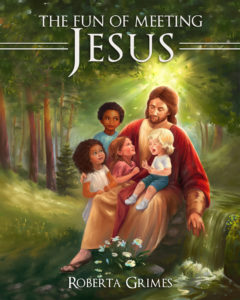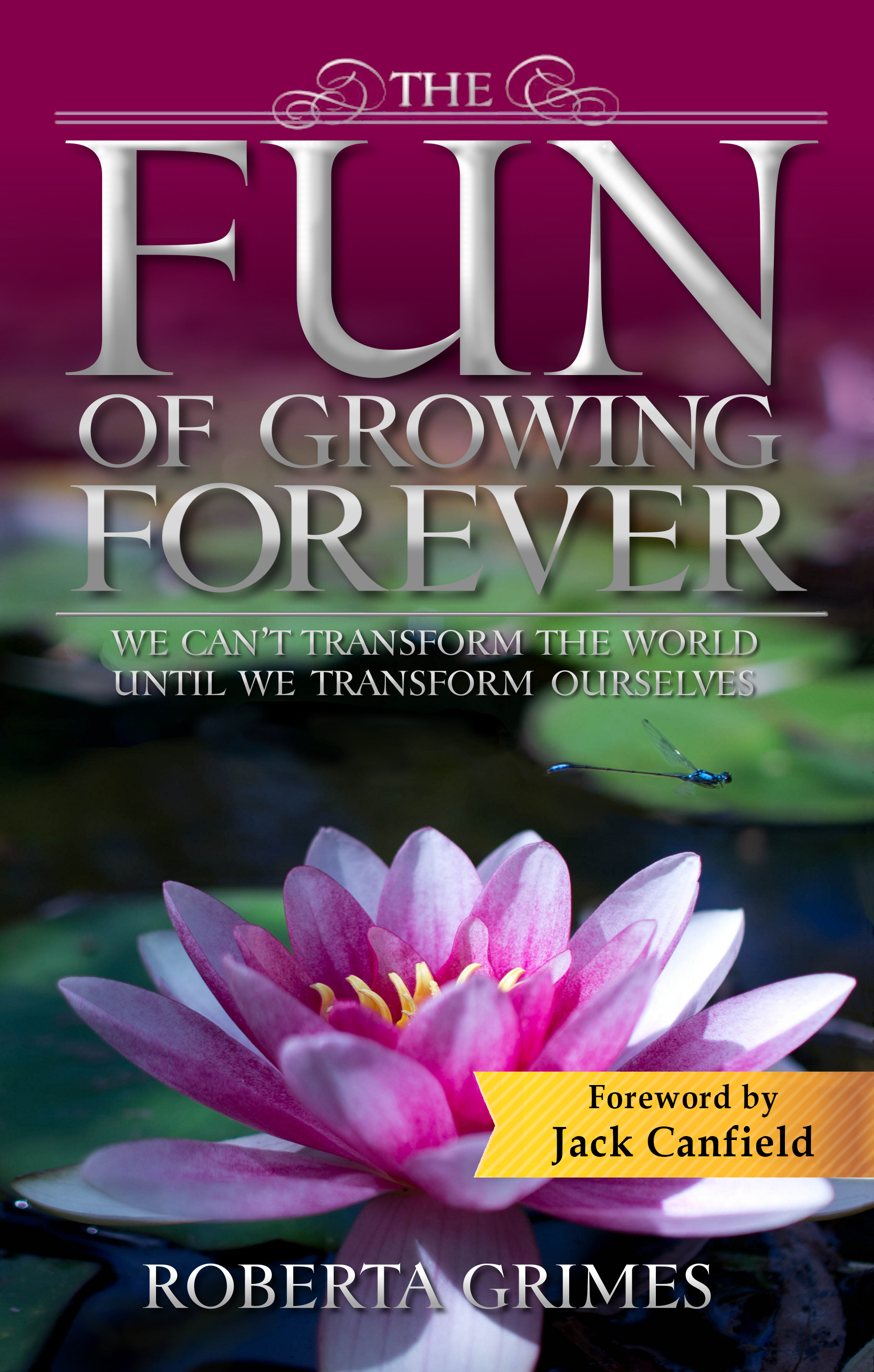 The kingdom of God was the Lord’s obsession. He uses the term more than fifty times through all four Gospels, and He refers to “the kingdom of heaven” almost thirty times in the Gospel of Matthew. Since the terms seem to mean the same thing to Jesus, this is likely another translation glitch so to avoid confusion I will use “the kingdom of God” even in those Matthew quotations. While modern-day adherents of the fear-based Christianity that was shaped in those first-millennium councils continue to obsess about sin and the bogus idea that Jesus died to save us, we who seek to follow the Way of the Lord can read the Gospels more as they were spoken. And we soon realize that most of what Jesus said was instructions about raising our personal consciousness vibrations. We can see now that helping us all to attain the kingdom of God was the reason for the Lord’s whole ministry.
The kingdom of God was the Lord’s obsession. He uses the term more than fifty times through all four Gospels, and He refers to “the kingdom of heaven” almost thirty times in the Gospel of Matthew. Since the terms seem to mean the same thing to Jesus, this is likely another translation glitch so to avoid confusion I will use “the kingdom of God” even in those Matthew quotations. While modern-day adherents of the fear-based Christianity that was shaped in those first-millennium councils continue to obsess about sin and the bogus idea that Jesus died to save us, we who seek to follow the Way of the Lord can read the Gospels more as they were spoken. And we soon realize that most of what Jesus said was instructions about raising our personal consciousness vibrations. We can see now that helping us all to attain the kingdom of God was the reason for the Lord’s whole ministry.
What Jesus called the kingdom of God is what we moderns call the Sixth Level, which is the aspect of non-material reality that is just below the Godhead. And giving us a spiritual gym where we can more efficiently raise our personal vibrations enough to attain that Sixth Level is apparently the whole reason why this universe exists! When Jesus says, “you are to be perfect, as your heavenly Father is perfect” (MT 5:48), He means that literally. He says, “Unless your righteousness surpasses that of the scribes (clergymen) and Pharisees (religious big-shots), you will not enter the kingdom of God (MT 5:20). “Not everyone who says to me, ‘Lord, Lord,’ will enter the kingdom of God, but only he who does the will of my Father who is in heaven will enter” (MT 7:21). “Truly I say to you, among those born of women there has not arisen anyone greater than John the Baptist! Yet the one who is least in the kingdom of God is greater than he” (MT 11:11).
The kingdom of God is the highest consciousness vibration where elevated beings still are striving to raise their vibrations enough to join the Collective that is the true God.
This is a simple matter of consciousness physics! If you allow yourself to feel  fear, anger, hatred, or any other ishy emotion, you lower your personal consciousness vibrations; but if you can avoid every negative emotion and make achieving more perfect love your focus, you will raise your personal consciousness vibrations. There are other emotional effects attendant on this process, but they don’t seem to need to be addressed until after the heavy-lifting effort of leaving all negativity behind has been mastered. So for you and me, our task is simple. From this moment and forevermore, we will always and in every instance, no matter how difficult it may be, altogether reject every negative emotion and practice ever more perfect love!
fear, anger, hatred, or any other ishy emotion, you lower your personal consciousness vibrations; but if you can avoid every negative emotion and make achieving more perfect love your focus, you will raise your personal consciousness vibrations. There are other emotional effects attendant on this process, but they don’t seem to need to be addressed until after the heavy-lifting effort of leaving all negativity behind has been mastered. So for you and me, our task is simple. From this moment and forevermore, we will always and in every instance, no matter how difficult it may be, altogether reject every negative emotion and practice ever more perfect love!
Contrary to what modern Christians believe, none of the teachings of Jesus on love and forgiveness can be seen as aspirational. Instead, they are the basis of the Way of the Lord, the core of what Jesus came to do, and the only thing about the Christian Bible that is worth the cost of its ink and paper. Methods for learning how to love and forgive that have been given to us by Jesus and by other sages down all the generations are everything on earth that matters! Without those teachings, nearly all of us will mindlessly reincarnate for a thousand more frustrating and mostly pointless lifetimes, turning on the wheel and making little progress. But if we will use those teachings well, we can begin today to get pretty close to achieving the kingdom of God in this lifetime!
When I began my afterlife studies, most researchers thought that exalted Sixth Level was not even material. Back then we called it the Causal Level, the place where what was in the rest of the afterlife levels was created; and we also called it the Mental Level, from which ascended beings would materialize to teach those living in the middle levels. It is only recently that we have learned that the Sixth Level is not only material, but it is also  amazingly beautiful! And it is full of wonderful universities where those who have mastered perfect love are preparing to ascend to the Seventh Level and become part of the Collective which is the true God.
amazingly beautiful! And it is full of wonderful universities where those who have mastered perfect love are preparing to ascend to the Seventh Level and become part of the Collective which is the true God.
We don’t know much about what these ascended beings are learning, but we have hints. I recall reading decades ago an account by a woman who claimed to have attained this exalted level, and she told her family that she was learning how to create a living flower. She also said she was part of a group that was experimenting with creating new kinds of living animals, and she thought that was fun but she found it difficult. Mikey Morgan won’t say much about what He is learning in his Sixth Level studies, but he does say those studies involve the more advanced use of energies. To be frank, I never saw much point to any of these exalted classes until I came to see that God is a Collective of Perfected Beings! If we are preparing to become part of the creative force that continuously manifests this universe, then we had better learn the trade!
Once Jesus had taught us how we can attain the kingdom of God in the afterlife reality, He introduced a radical new idea. He said that in strictly following His teachings, we can bring the kingdom of God on earth! He said, “The time is fulfilled, and the kingdom of God is at hand; transform your mind and believe in the gospel”  (MK 1:15). And He said, “But I say to you truthfully, there are some of those standing here who will not taste death until they see the kingdom of God” (LK 9:27). And “The kingdom of God is not coming with signs to be observed; nor will they say, ‘Look, here it is!’ or, ‘There it is!’ For behold, the kingdom of God is in your midst” (or “is within you”) (LK 17:20-21).
(MK 1:15). And He said, “But I say to you truthfully, there are some of those standing here who will not taste death until they see the kingdom of God” (LK 9:27). And “The kingdom of God is not coming with signs to be observed; nor will they say, ‘Look, here it is!’ or, ‘There it is!’ For behold, the kingdom of God is in your midst” (or “is within you”) (LK 17:20-21).
He told us that spreading the kingdom of God over all the earth would be a gradual process. He said, “The kingdom of God is like a mustard seed, which a man took and sowed in his field; and this is smaller than all other seeds, but when it is full grown, it is larger than the garden plants and becomes a tree, so that the birds of the air come and nest in its branches” (MT 13:31-32). And He said, “To what shall I compare the kingdom of God? It is like leaven, which a woman took and hid in three pecks of flour until it was all leavened” (LK 13:20-21).
We now understand, as the Lord’s first listeners never could have understood, why a few people raising their consciousness vibrations would be sufficient to begin to raise the personal vibrations of everyone else on earth. The only thing that exists is an infinitely powerful energy-like potentiality that you and I experience in a dim way as consciousness. Every human mind is inextricably part of that base consciousness which at its highest level continuously manifests this universe, so the more of us who raise our spiritual vibrations, the higher the vibrations of all the minds now vibrating below the Godhead will become. Again, this is simple consciousness physics! Each one of us who commits to achieving the highest vibration we can manage on earth can bring us all just a little bit closer to the moment when everyone on earth is vibrating high enough for wars, anger, suffering, fear, hatred, and every other manner of human evil to be banished forevermore.
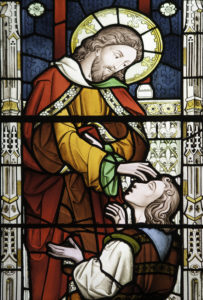 What are these Sixth Level beings like personally? When the Lord’s disciples tried to keep little children from approaching Him, He said the like of, “Permit the children to come to Me, and do not hinder them, for the kingdom of God belongs to such as these. Truly I say to you, whoever does not receive the kingdom of God like a child will not enter it at all” (LK 18:16-17). I have by now met a few spiritually advanced people, and I can tell you that even in old age they are surprisingly childlike. Mikey Morgan, too, retains that childlike simplicity and light, even as he perfectly answers the most profound questions. People in bodies who are sufficiently spiritually developed to approach the Sixth Level are invariably warm, mild, very loving, not interested in money or possessions, and closely focused on helping others. They don’t get angry. When they are attacked, they withdraw rather than defending themselves. They seem not to bear ill will against anyone, not even those who set out to harm them!
What are these Sixth Level beings like personally? When the Lord’s disciples tried to keep little children from approaching Him, He said the like of, “Permit the children to come to Me, and do not hinder them, for the kingdom of God belongs to such as these. Truly I say to you, whoever does not receive the kingdom of God like a child will not enter it at all” (LK 18:16-17). I have by now met a few spiritually advanced people, and I can tell you that even in old age they are surprisingly childlike. Mikey Morgan, too, retains that childlike simplicity and light, even as he perfectly answers the most profound questions. People in bodies who are sufficiently spiritually developed to approach the Sixth Level are invariably warm, mild, very loving, not interested in money or possessions, and closely focused on helping others. They don’t get angry. When they are attacked, they withdraw rather than defending themselves. They seem not to bear ill will against anyone, not even those who set out to harm them!
Even if a substantial number of people were to begin today the process of raising their personal consciousness vibrations, for us to begin to see an appreciable difference in the world would take awhile. The Lord was right about that! So for us to begin right now is urgent. We are told by those not in bodies that all the negative choices made by people on earth over the past few centuries, and especially the brutal negativity of the two great twentieth-century wars, have together so debased the consciousness energy of this planet that it cannot recover unless humankind will soon make some dramatic changes. My own guide, Thomas, has told me that we have another couple of centuries left before the earth will be a bleak and barren wasteland of cruelty and wars, poverty and starvation, and even the added hopelessness of an inability to reproduce without laboratory procedures that few will be able to afford. What horrifies me is that even now we begin to see these disasters unfolding! Human sperm counts are dropping sharply. Political infighting is rampant worldwide, and in too many places innocent people are pawns in their leaders’ power struggles. Thomas assures me that we can turn this around! But when we are talking about raising the consciousness vibrations of seven billion people, even a century or two is not much time.
In order for us to begin to envision that more perfect world of the kingdom of God on earth,  there are three more areas where we will need to improve our understand of the greater reality. My own understanding is still developing, but I am being told that now is the time for me to tell you what I know, what I suspect, and how all of this impacts our spiritual growth. So over the next three weeks we will dip more deeply into Time, God and Creation, and Forgiveness and Love. Meanwhile, I hope you will be doing your own deep thinking! Please either tell us in the comments below, or perhaps email me through this website and share with me how you envision that much better future when we will at last be living in the kingdom of God on earth. Let us start to reason together about the most important issue that ever has confronted or ever will confront humankind. This unsuspecting world is ours to save!
there are three more areas where we will need to improve our understand of the greater reality. My own understanding is still developing, but I am being told that now is the time for me to tell you what I know, what I suspect, and how all of this impacts our spiritual growth. So over the next three weeks we will dip more deeply into Time, God and Creation, and Forgiveness and Love. Meanwhile, I hope you will be doing your own deep thinking! Please either tell us in the comments below, or perhaps email me through this website and share with me how you envision that much better future when we will at last be living in the kingdom of God on earth. Let us start to reason together about the most important issue that ever has confronted or ever will confront humankind. This unsuspecting world is ours to save!


